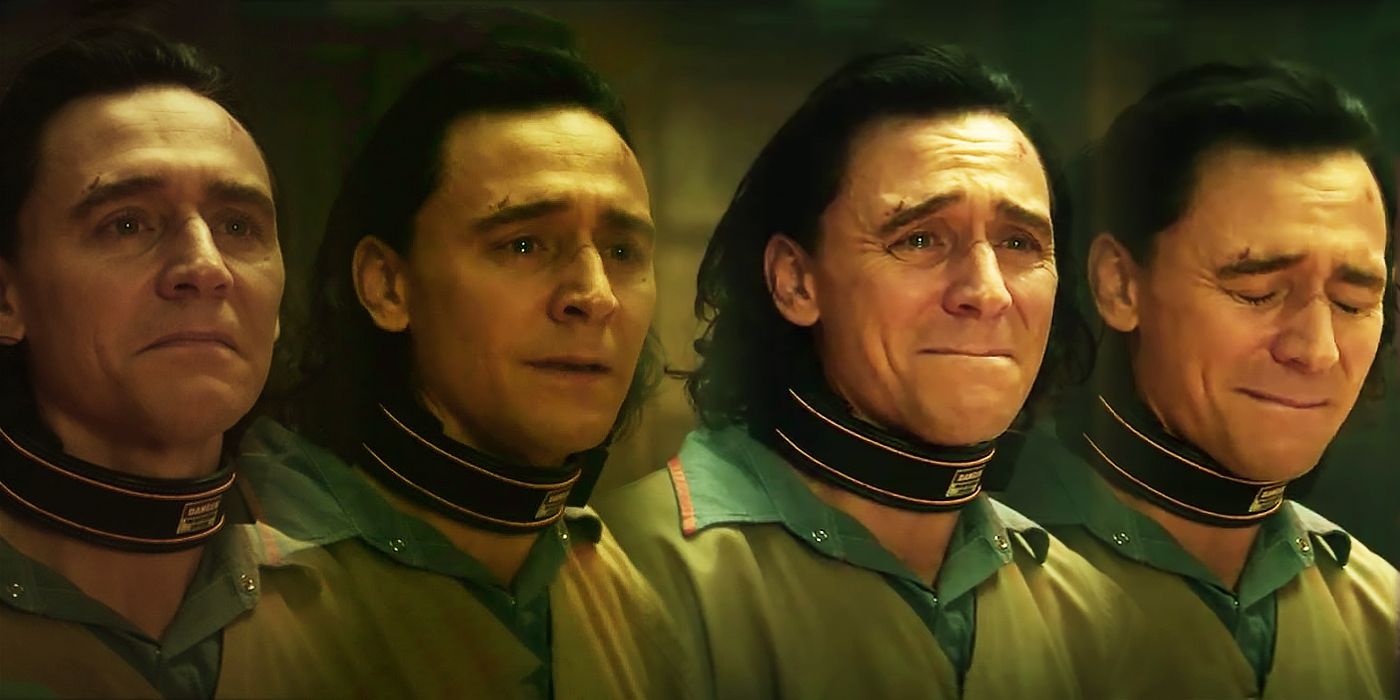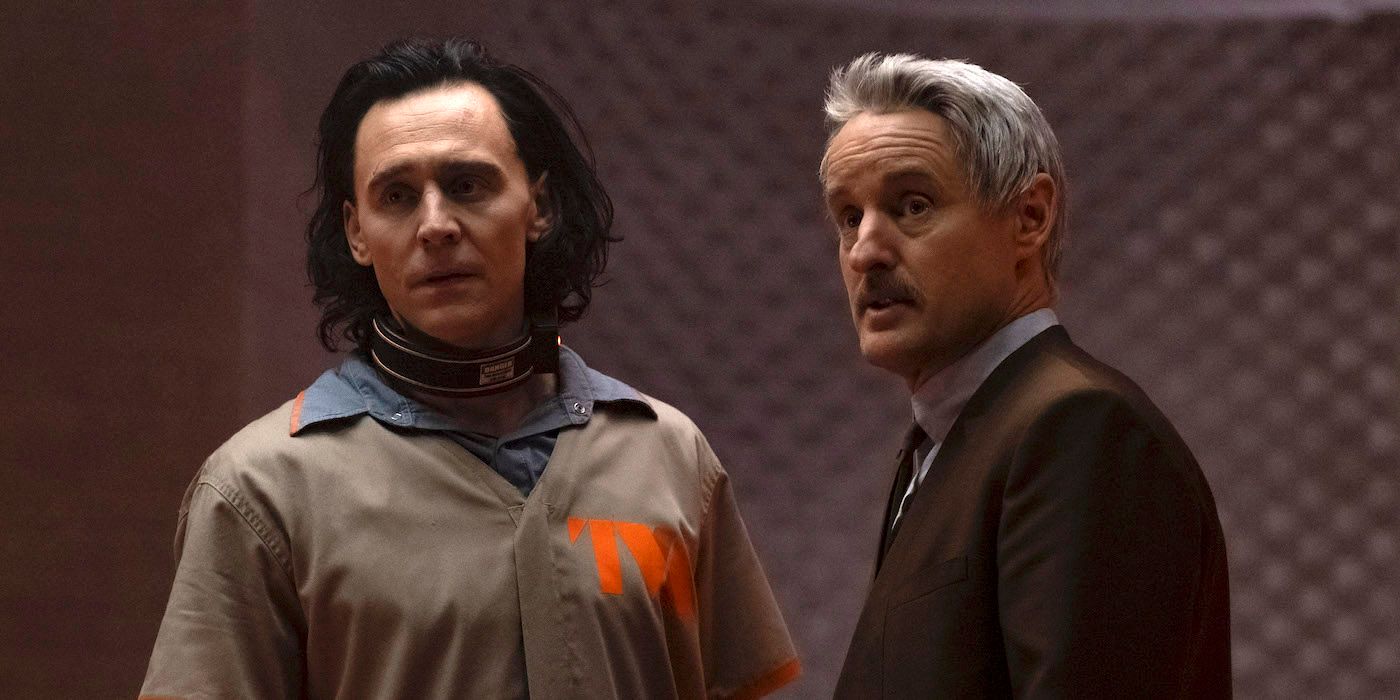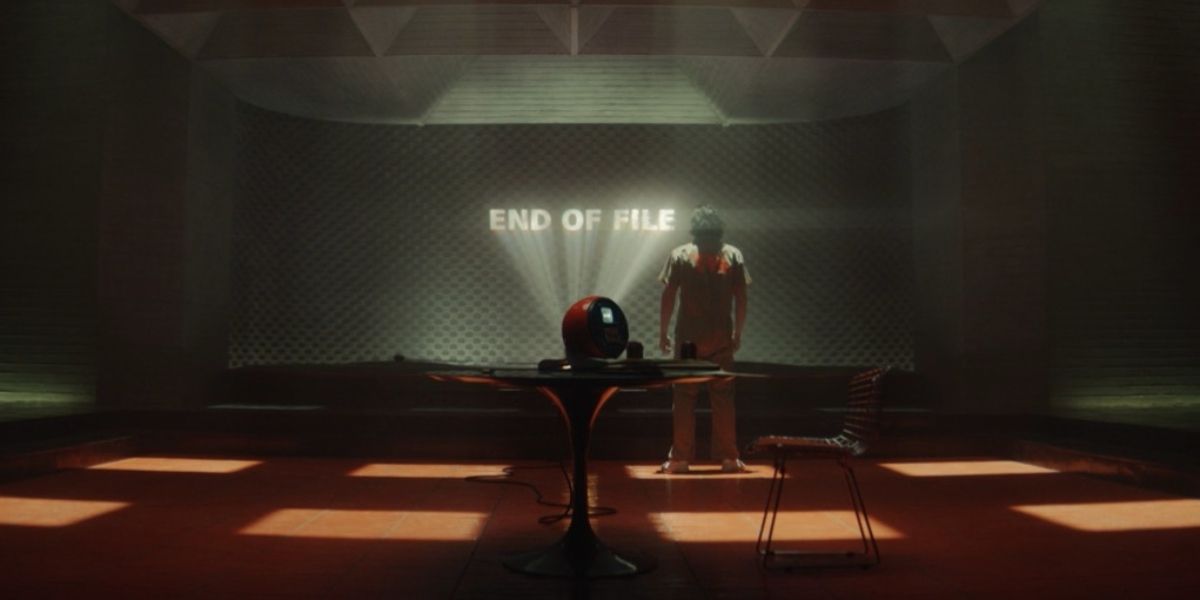It's not like the MCU, during its decade-plus stranglehold on pop culture, hasn't successfully pulled off a moving moment before. Tom Holland yelling "come on, Spider-Man" at himself while trapped under rubble in Spider-Man: Homecoming made me feel the type of concern usually reserved for one-eyed rescue dogs. Michael B. Jordan's final words in Black Panther are so breathtakingly real I'm still convinced there's an entire department dedicated to making sure Disney executives never see the actual cut of that film. I can't even listen to "Portals" from Avengers: Endgame without spontaneously hugging a stranger. However! Those are moments built on the back of escapism; they work for the same reason the MCU works as a billion-dollar operation. You're moved because of the emotional attachment the franchise has earned, and any heartache or love or catharsis is directed outward. Sure, it's super sad Tony Stark (Robert Downey Jr.) snapped himself into oblivion, but you still leave the theater with a wistful sigh because, boy, wasn't it still fun to feel all those feelings? Today, I'd like to contrast all that with a single scene from Loki, inarguably one of the most moving moments of the MCU, but in the sense it made me contemplate my own fragile tether to this absolute charade we call a "life" and the inevitability of the Grim Ripper's cold, cold embrace. (Streaming now on Disney+.)
The moment comes in Loki episode 1—"Glorious Purpose" written by Michael Waldron and directed by Kate Herron—after the Time Variance Authority removes Loki (Tom Hiddleston) circa 2012's The Avengers from the flow of time, in an attempt to get him back on the path we've watched all the way up until Endgame in 2019. Mobius M. Mobius (Owen Wilson) plants Loki in front of a screen and shows him the greatest hits of his own MCU emotional arc—recognizable bits and pieces from the Thor films, basically—but a classic bit of mischief ensures Loki is alone when the slide reaches the end. The trickster god sits there, by himself, and watches his own death at the hands of Thanos (Josh Brolin), with Hiddleston's face riding a goddamn rocket car through every stage of grief in a span of about 15 seconds. This man witnesses the total sum of all that he is and ever will be, his ambitions and goals, his hopes and dreams, just sort of awkwardly cut to black with the icy, clinical words: "End of File."
To be very clear: This Disney production sat a character down and showed him celluloid footage of his own demise. They put a time and date on it. This show said "no matter what decisions you make, what plans you put into place, what relationships you forge and fight to maintain, it all ends with a big purple alien crushing your neck on a spaceship." That is horrifying on an existential, primordial level, and a huge part of its effectiveness is in Hiddleston's performance. To say his face crumbles isn't quite enough; it loses form. It's a denial of reality. The fun of Loki's arc throughout the MCU has been his stop-start, will-he-won't-he evolution from tragic raging asshole to reluctantly good person (who is still a raging asshole). But what we see play across Hiddleston's face here is that entire arc, beginning to end and up to his gruesome death, being directly uploaded into his brain, and the look on his face is a complete system malfunction. Error: Can_Not_Compute_The_Vast_Truths_Of_The_Universe.
But really, Hiddleston's face in this moment is just a reflection of the truth every human on Earth has tucked away in the back of their heads, the Bad Thought, the unavoidable reality that all of us, trickster gods and pop culture writers and everyone in between, has to eventually shuffle off this mortal coil, because we know that, obviously we know, but we don't want to know, not like this, the exact details of how, why, and when shown to us in stark, cinematic color with all the enthusiasm of an office PowerPoint presentation, which, really, is where the horror of this Loki scene comes from, the detached matter-of-factness of it, the way the TVA tells Loki "you can't change this," because then you're not mourning the death of a character, you're pondering the everpresent nature of death itself, how it could arrive in 90 years or you could get a little too worked up about Owen Wilson's mustache and have a heart attack right now; it's literally too much to comprehend, which is why it's so unpleasant to see it condensed to a single filmstrip leading to "End of File," because we know that's true, too, we will eventually become just another folder in the endless filing cabinet, but we can not think about it like that from moment to moment or we'd lose our minds, we must assign ourselves some form of "glorious purpose" to even bother getting out of bed in the morning (much less try to conquer all nine realms of Yggdrasil), because the alternative is a debilitating loop of questions like is this career path wasting my life, are my ambitions dumb, am I good enough, am I good at all, do people like me, should I get more tattoos, should I tell my crush how I feel, should I tell my family how I feel more often, do they know, do they care, is there meaning to any of this, how much filmstrip is left between this very moment and my End of File Error. Error. Error. Error.
So, yeah, this scene messed me up pretty bad. But it's also a great indication of why these Disney+ Marvel series have been such gems so far. I love a big honkin' blockbuster spectacle as much as anybody, but the small screen allows for much more immediately recognizable gut punches. Loki contemplating his own inevitable death. Wanda Maximoff (Elisabeth Olsen) coming to terms with the fact her children don't exist and her husband (Paul Bettany) is only alive again as an avatar of her own grief in WandaVision. That part in The Falcon and The Winter Soldier where Sam (Anthony Mackie) and Bucky (Sebastian Stan) just kind of fix a boat for a while. These are the kind of small moments, human and often heartbreaking, that TV allows, and a result of being forced to consider the grand total sum of your existence is those small moments start to feel really big.



